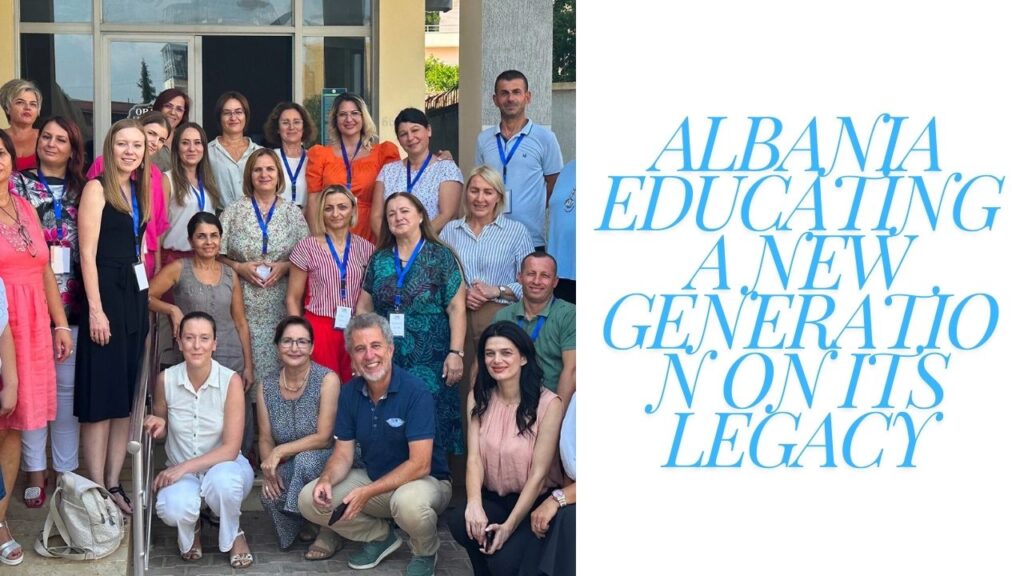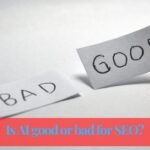Albania is often overlooked when discussing Holocaust history, but its remarkable and heroic contribution to saving Jews during World War II stands as one of its lesser-known chapters. Being the only European country that ended WWII with more Jews than they started with is truly impressive and inspiring – this article investigates their story further, exploring their heroic efforts at teaching their youth about this tragic historical chapter as well as any lasting impacts it might have today.
How Did Albania Become a Haven for Jews During WWII?
Albania became a haven during World War II for Jewish refugees fleeing Nazi persecution. Following Germany’s occupation of Albania in September 1943, up to 3,000 Jewish refugees found sanctuary here and were cared for by Albanian families regardless of background or wealth.
Albanian people displayed remarkable dedication to saving Jewish lives during WWII. Due to the courage shown by everyday Albanians from all backgrounds – Muslims, Catholics and Orthodox Christians alike – 75 Albanians were honoured on Israel’s Yad Vashem Righteous Gentiles list as individuals who risked their lives to hide Jews under false identities to save them from Nazi death camps. For instance, the Kurmaku family’s home has since become a historical landmark commemorating Albanian heroism and attracting visitors who wish to remember its legacy today.
Albania was known for its cultural and religious ethos of hospitality and resistance against oppression; therefore its actions during the Holocaust stood out not just by their scale but by their moral clarity in approaching a crisis; making their contributions towards saving Jews an indelible part of Albanian national heritage.
Why Is Holocaust Education Crucial in Albania Today?
Albania was at the centre of the Holocaust; yet knowledge and education about this dark chapter of history remain scanty. Under the communist regime repression of historical facts left many Albanians ignorant of these events, even after communism had fallen away; even today many Albanians remain unfamiliar with its effects.
Recent efforts to address this gap in historical education have become an increasing priority. One significant milestone occurred on September 20, 2024: the Holocaust Education Conference hosted at University of Elbasan by the Albanian History Teachers Association and Olga Lengyel Institute (TOLI). Attended by 25 teachers who sought to deepen their understanding of Holocaust issues as well as develop methods of effectively teaching it.
Florence Stafa, who played an essential part in organizing this conference, emphasizes the necessity of including Holocaust education in school curricula. Her initiative seeks not only to fill historical voids but also inspire students with moral lessons from an inspiring legacy of courage and moral integrity; teaching about the Holocaust helps create more informed and compassionate students for tomorrow.
What Are the Challenges and Accomplishments in Teaching Holocaust History in Albania?
Teaching Holocaust history presents both unique challenges and achievements for Albania. Due to a lack of previous emphasis, educators and students often have limited knowledge regarding Holocaust education in school curricula – making its incorporation a challenging endeavour – yet recent conferences and initiatives are making strides to meet them head-on.
Oana Nestian-Sandu of TOLI emphasizes the value of using innovative teaching methods to engage students with Holocaust history. Research indicates that using personal diaries and firsthand accounts as teaching aids may make historical events more relatable and impactful for them, motivating students not only to remember but also to consider the wider implications of historical events.
On the achievements front, educators such as Albania Ndoja have made great strides toward documenting and sharing local stories of heroism. Her efforts in collecting histories of Albanian families who helped Jews illustrate a growing commitment towards acknowledging and celebrating Albania’s role during World War II – this local history enriches broader narratives while giving students tangible examples of courage and resistance.
How Is Albania Addressing Modern Issues Related to Antisemitism?
While Albania is widely celebrated for their historical role in protecting Jews, contemporary issues related to antisemitic literature sales highlight ongoing difficulties and pose ongoing risks for these populations. Recent incidents such as discovering Adolf Hitler’s “Mein Kampf” book in a municipality official’s car demonstrate this point with great urgency – they demonstrate why continued education efforts must occur alongside ongoing surveillance measures.
Klodeta Cane, an Albanian Jew and Holocaust educator has voiced concerns regarding antisemitic materials being present in Albania. Such incidents highlight the significance of Holocaust education for preventing modern-day antisemitism while making sure its lessons do not get forgotten over time. Educators and community leaders are working tirelessly towards mitigating these concerns by increasing understanding and awareness regarding its significance in society today.
Strives to combat antisemitism and educate the public on Albania’s heroic past are essential in protecting its legacy and warding off intolerance and hatred in society today. By developing greater insight into historical events and their impacts, Albania can remain true to itself while meeting contemporary challenges more successfully.
Conclusion: Understanding and Teaching Albania’s Holocaust Legacy
Albania’s role in protecting Jews during the Holocaust stands as an impressive demonstration of courage and moral strength, inspiring future generations through educational initiatives and community involvement to remember that their nation has always stood against injustice with empathy and resilience. Through historical documentation efforts as well as community involvement efforts such as cultural festivals commemorating these heroic actions from its history books; educational initiatives offer lessons of heroism for future generations who wish to continue the legacy.








